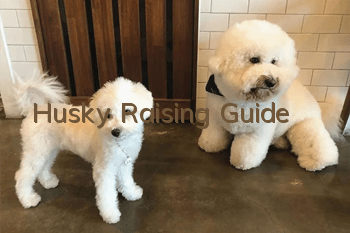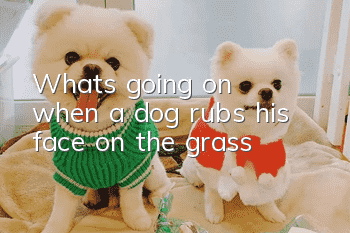Husky Raising Guide

What Huskies should not eat: 1. Onions contain toxicity that dissolves red blood cells. Excessive consumption may cause poisoning symptoms such as hematuria, anemia, and jaundice. Too much chocolate may also produce toxic substances that cause urinary incontinence, cramps, Sheep purpura and other symptoms.
Foods that are not easy to digest, such as squid, shrimp, octopus, crab, chia root, mushrooms, and bamboo jackets, may cause diarrhea or vomiting. Beans such as peanuts are hard to chew and may block the throat.
Chicken and fish bones are hard and can easily hurt the mouth and digestive organs, so they should not be fed.
Since Huskies secrete less lactase enzyme, some Huskies will have diarrhea when they drink milk. In such a situation, you can feed yogurt to Huskies. And because vitamin C is automatically synthesized in the dog's body, vegetables or fruits are of little use to the husky. They can only replenish fiber. Eating too much will cause indigestion.
Exciting spices such as ginger, curry powder, pepper, wasabi, and chili peppers are too irritating to the gastrointestinal tract and can put a burden on the liver and kidneys. Continuous feeding can even cause a Husky to lose its sense of smell.
Huskies have unique gastrointestinal functions and have relatively high requirements for protein and fat. Therefore, it is recommended to feed puppy food until they are 18 months old before switching to adult dog food. Usually, some fish or beef and mutton can be supplemented appropriately to promote development. The requirements for calcium are also relatively high. Calcium tablets or calcium powder several times a week are very necessary for Huskies. As for the brand of dog food, since the gastrointestinal functions of Huskies vary greatly, it is best to depend on the dog and try to find some high-quality dog food with high protein and fat content. If there are no conditions, you can add some chicken, mutton, beef, pork or sea fish to the dog food to supplement some protein. All of the above are helpful for the growth of little huskies.
- Treatment methods for dog vomiting and diarrhea
- Will dogs rupture their intestines if they eat dried duck neck?
- Is the Great Gryffindor easy to raise? How to raise it?
- Is the Basset Dog easy to raise? Basset Dog_Price_Training
- What causes pyoderma in dogs?
- What should I do if my dog takes deworming medicine after vaccination?
- Introduction to Inabao and other dog foods
- What should I do if my Husky puppy barks at night?
- How to give dogs the best calcium supplement
- Are Alaskan Malamutes easy to raise? How to raise



